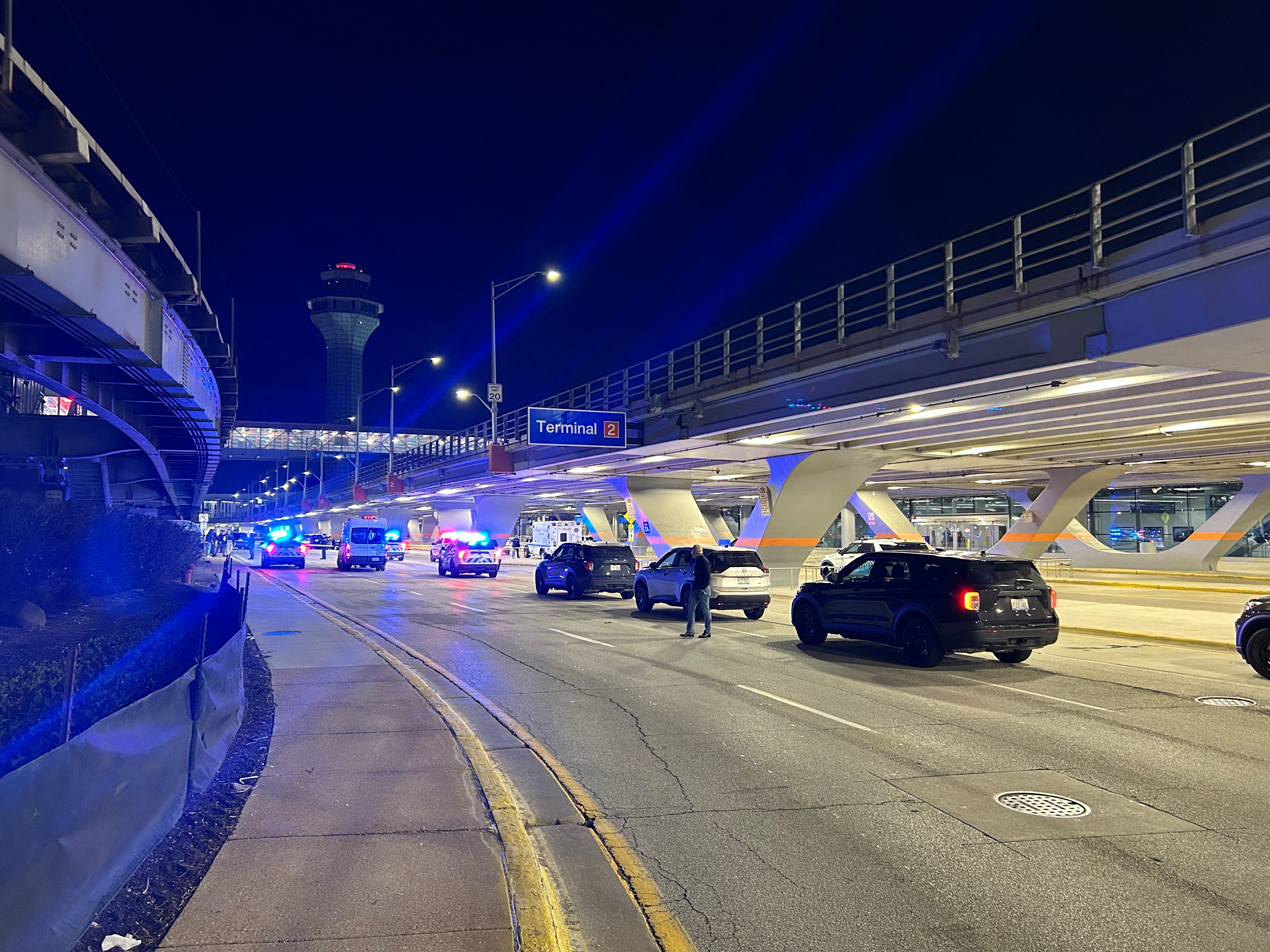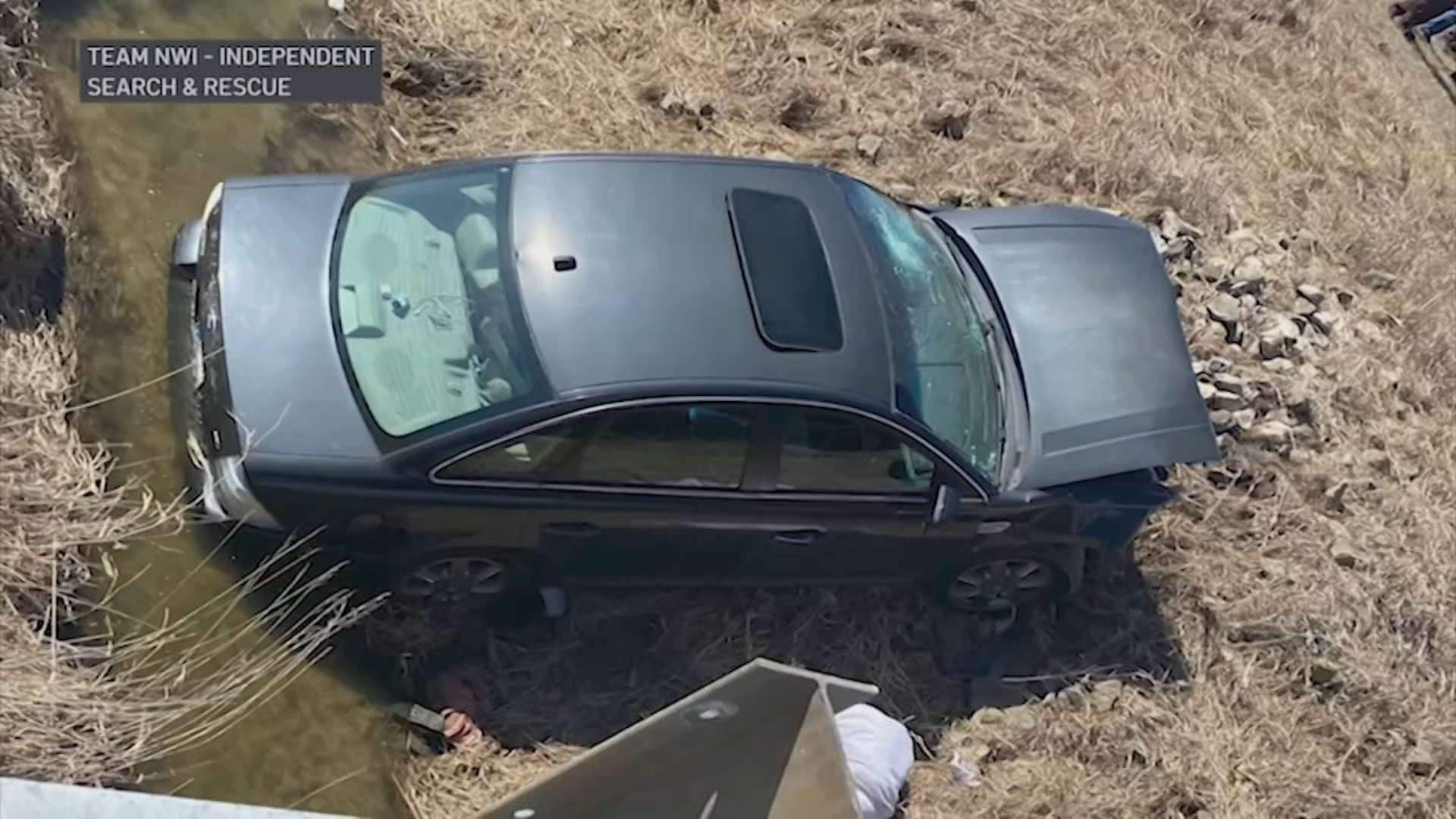Illinois dodged junk bond status on Monday, but there’s little progress happening at the Capitol. NBC 5’s Charlie Wojciechowski has details.
The Illinois Senate is expected to vote Tuesday on a tax increase that Gov. Bruce Rauner already has vowed to veto.
The state narrowly avoided a downgrade to “junk” bond status on Monday, but there was little progress at the Capitol to end the two-year budget impasse.
Credit agencies said Sunday that a House vote to raise taxes was a good first step, but as the bill was set to move on to the Senate, negotiations hit another roadblock.
Leaders from both parties could not get together for a scheduled meeting – though Senate President John Cullerton vowed that lawmakers would vote Tuesday on the budget that passed the House.
“The Senate is committed to finishing the work it began in January and hopes to finally find bipartisan agreement to put an end to this chaos and restore stability to our state,” a spokesman for Cullerton said in a statement.
The House passed the revenue and spending package Sunday, with the tax hike garnering 72 votes, just one more than required to clear the chamber.
Fifteen Republicans, under intense pressure to end the standoff, broke ranks to vote in favor of the increase.
The measure would raise the personal income tax rate from 3.75 percent to 4.95 percent and the corporate tax rate from 5.25 percent to 7 percent.
Local
The tax hikes are projected to raise roughly $5 billion at a time when Illinois has a $6.2 billion annual deficit and a $14.7 billion backlog of overdue bills.
Rauner quickly issued a statement Sunday night saying he would veto the increase citing a lack of reforms. On Monday, he took to social media to speak on the bill once more.
“Yesterday, Springfield decided to hit residents and businesses with the largest tax hike in history,” he said in a video posted on Twitter. “Illinois families deserve more jobs, property tax relief and term limits. They are about to get none of that - just higher taxes.”
But Democratic House Speaker Michael Madigan emphasized that Sunday’s vote was bipartisan, insisting that more work remained in negotiations.
But those negotiations suffered a setback when Republican leaders didn’t attend a meeting Monday on non-budgetary reforms like workers’ compensation and a property tax freeze – items Rauner has demanded since taking office in 2015 in order to agree to a deal to end the impasse.
Nevertheless, Cullerton planned to call the bills Tuesday.
In the event that the budget passes and Rauner shuts it down, Madigan said he will push to override that veto, setting up for potential political fireworks on the Fourth of July.



